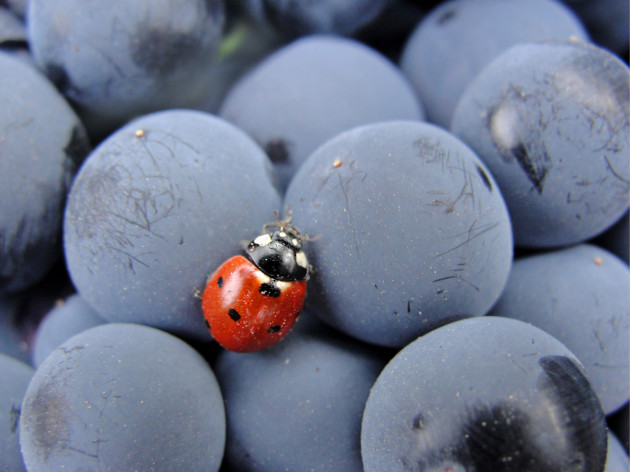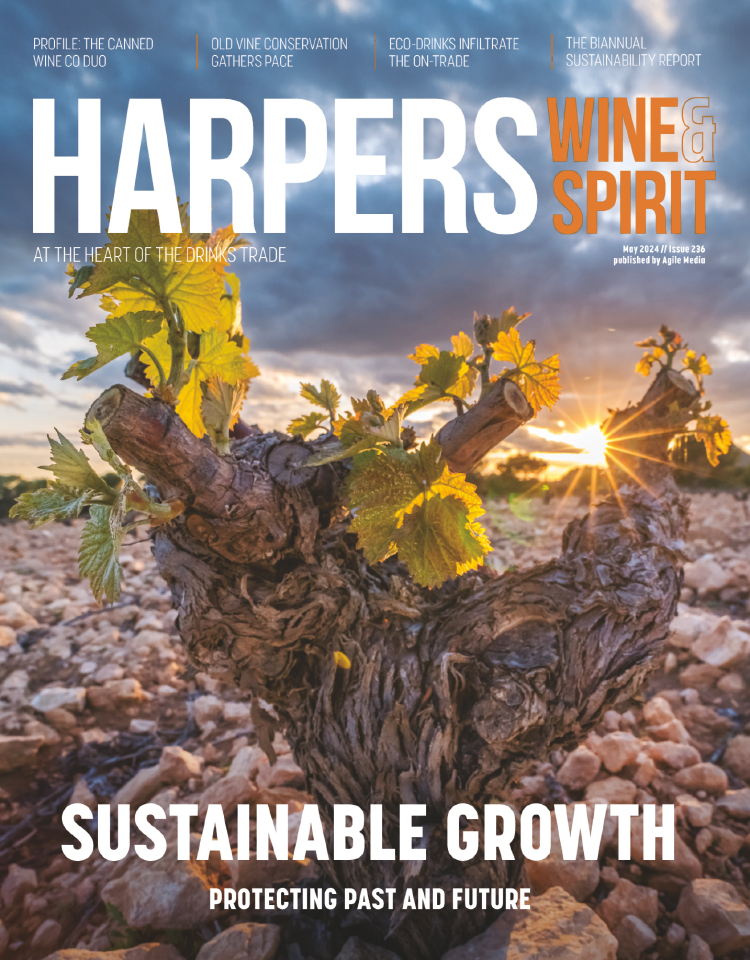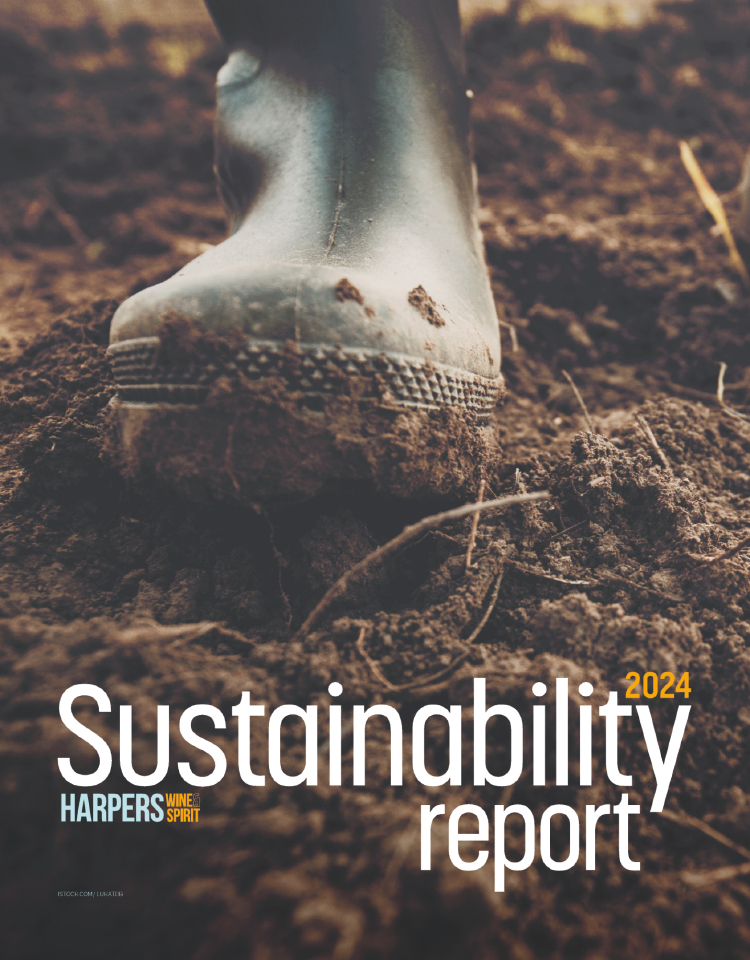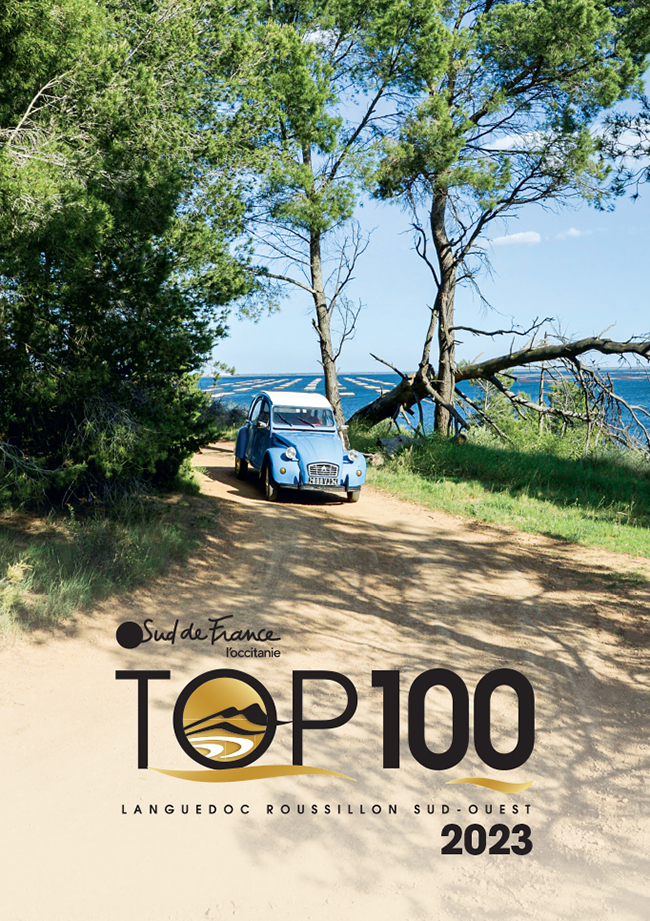
Leading Chianti estate slams ‘overhyped organic viticulture’
Chianti Classico producer Ricasoli has criticised growers who regard organics as the “definitive panacea for sustainability,” arguing that their methods are not without significant drawbacks.
Speaking at the launch of the estate's new Castello di Brolio Sanbarnaba Trebbiano white, owner Francesco Ricasoli fielded questions about the management of the estate's vineyards.
“I'm very sceptical about the claims made by some organic producers,” said Ricasoli. “We prefer to manage our vineyards on a sustainable basis – we want the flexibility to use limited volumes of treatments if necessary.”
• Read more: Majestic’s organic wine sales jump 22% YOY
Ricasoli told Harpers that vintage 2023 had witnessed “devastating mildew attacks” across much of Italy and that certain properties were anticipating a significantly reduced harvest, depending on the region and varieties in question.
“The downy mildew has been terrible this year; in such a vintage, it is far better to have the option of applying limited chemical sprays to control this problem,” he said.
“However, organic growers, under the auspices of their own rules, are forced to repeatedly spray their vineyards with copper sulphate, which is hardly ideal for the soil or environment,” added Ricasoli.
Viticulturist Dr Richard Smart has been a longtime critic of the furore surrounding organic and biodynamic viticulture. He described the hype as reaching “ludicrous levels” in 2018.
“Let us not forget that organic methods still permit the use of copper in the vineyard, which is arguably the most harmful chemical input you can use in winegrowing,” Smart added.
Several years ago, a research project coordinated by the University of Zaragoza concluded that organic vineyards have a 22% higher CO2 footprint than traditional vineyards. More recently, other winemakers have picked up on this theme.
Miguel A. Torres, fourth generation and president of Familia Torres, said: “I think the key difference between sustainable and organic viticulture is that organics do not sufficiently take climate change into consideration; in general organic vineyards need more treatments with sulphur or bouillie bordelaise which means more CO2 emissions.”







